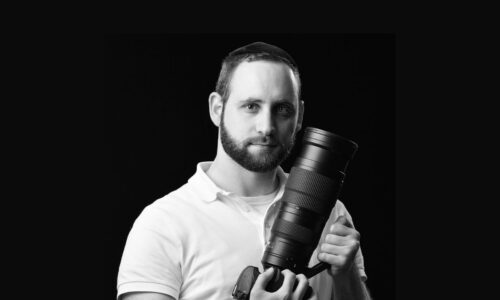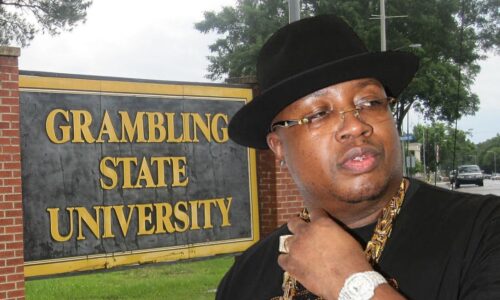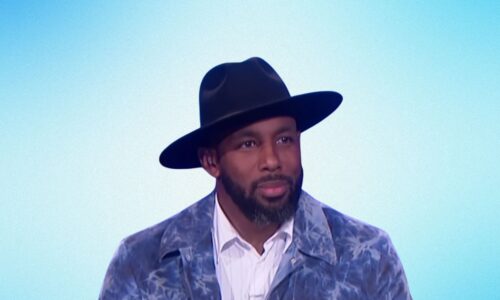What makes a man great? We, as a community, can learn a lot from the life Nipsey Hussle lived as a visionary, entrepreneur, motivator and leader during his marathon for Hip Hop.
Nipsey Hussle, real name Ermias Asghedom, was shot and killed at the age of 33 in front of his Marathon clothing store on Slauson Avenue in Los Angeles, California on March 31, 2019.
Nipsey’s death has left millions in mourning, but his life is what solidified him as “Nip Hussle the Great.”
For more than a decade, Nipsey released a consistent catalog of music leading up to his 2018 Grammy-nominated album Victory Lap.
From his earliest projects like Slauson Boy and Bullets Aint Got No Names series to mixtapes like The Marathon, The Marathon Continues, Crenshaw, Mailbox Money, Slauson Boy 2 and No Pressure, Nipsey kept his fans more than pleased.
In a bold and historic move, Nipsey caught the eyes of many when he decided to sell physical copies of his 2013 Crenshaw mixtape for $100 while still keeping it free to download online. He made more than $100,000 independently from the release, and Jay-Z famously bought 100 copies of the project.
100k cash off iamproud2pay
100k downloads on datpiff
24 hrs. #FUCCTHAMIDDLEMAN #CRENSHAW— THA GREAT (@NipseyHussle) October 9, 2013
But he was more than music, Nipsey promoted knowledge, financial freedom, community change, street wisdom and love in his personal life.
He was a loving father of two children and husband of actress Lauren London.
At the young age of 21, in what is now a famous video clip, Nipsey spoke about owning property and having financial literacy over having flashy diamonds and material things that fit the image of a stereotypical rapper.
Through many actions and interviews, Nipsey was elevating his family, his friends, his fans and anyone who followed the dreams that he was working to achieve.
“There’s always something you can do. You may not always have the necessary tools and resources, but you always have something,” Nipsey said in a 2018 interview with Forbes.
Nipsey was a member of the Rollin 60s Neighborhood Crips, and he was the true embodiment of Community Revolution In Progress.
He was building in the Los Angeles community to fill it with life and hope as a motivator for so many.
“We have to be strategic and make an impact through influence. I wanted to redefine the lifestyle and what we view as important. When you hear ‘buy back the block’ as the narrative, that’s powerful. That’s a step towards redefining the expectation,” Nipsey said in the Forbes interview.
Nipsey was a true entrepreneur who spoke on his numerous hustles as it was All Money In at all times.
He spoke at length about his business ventures in an interview with Complex.
He owned part of the parking lot where he spent a lot of his young life on the corner of Slauson and Crenshaw in Los Angeles.
In 2017, he opened Marathon Clothing in that parking lot, a store where fans could buy merchandise and use an app to get exclusive content from him.
Nipsey had a music partnership with Atlantic Records, developed Vector90, a science, technology, engineering, and math (STEM) compound for young people in Los Angeles, had a partnership with cryptocurrency company Follow Coin, owned a hair store and had a clothing partnership with Puma,
He was working on creating a documentary about the Supreme Court case of the late Dr. Sebi, a Honduran herbalist who claimed to have the cure for several diseases.
He was also an icon in the Habesha community and openly embraced his Eritrean heritage.
“I’m half American and half Eritrean—as much as I am a black person from America, I’m a black person from Africa too. I embraced both sides of that,” Nipsey said in an interview with radio station 97.9 The Beat.
In all, Nipsey Hussle was far more than a rapper. He was an icon in every sense of the word. He will be sorely missed as he left a legacy and lasting impact on us all.





